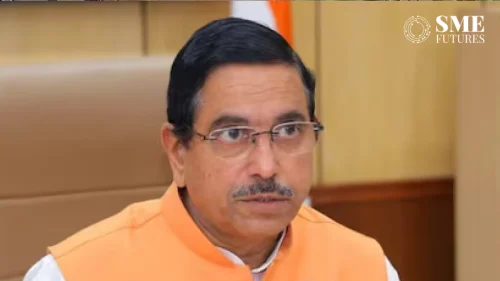Lack of clear long-term policies, low mineral reserves and absence of major electric vehicle battery producers have become deterrent to attract investments in battery storage sector in India, according to a report by EY and ASSOCHAM. The report also suggested that in order to achieve significant electrification and automobiles by 2030 and beyond, India needs a robust and competitive battery manufacturing supply chain.
“As per a report by NITI Aayog and Rocky Mountain Institute, India would require to set up a minimum of 20 Gig factories to produce batteries at an investment of $100 billion for meeting India’s EV targets,” it said. However, lack of clear long-term policies, technology uncertainty, low mineral reserves and absence of major EV battery producers are preventing investments in battery storage technologies in India, the report added.
Two-wheelers is the largest segment of the Indian automotive industry representing 80 per cent of country’s automotive sales in FY18 (20.2 million units) and owing to the vastness of this segment, it has a huge potential to promote emission-free mobility in the country, the report said.
The electric two-wheeler segment witnessed a dip with a withdrawal of subsidies by the ministry of renewable energy. While the policy and regulatory framework for battery storage system does not exist at the Central government level, Uttar Pradesh, Karnataka and Telangana have, in particular, proposed some policies for battery storage in their EV policy draft, the report added.









